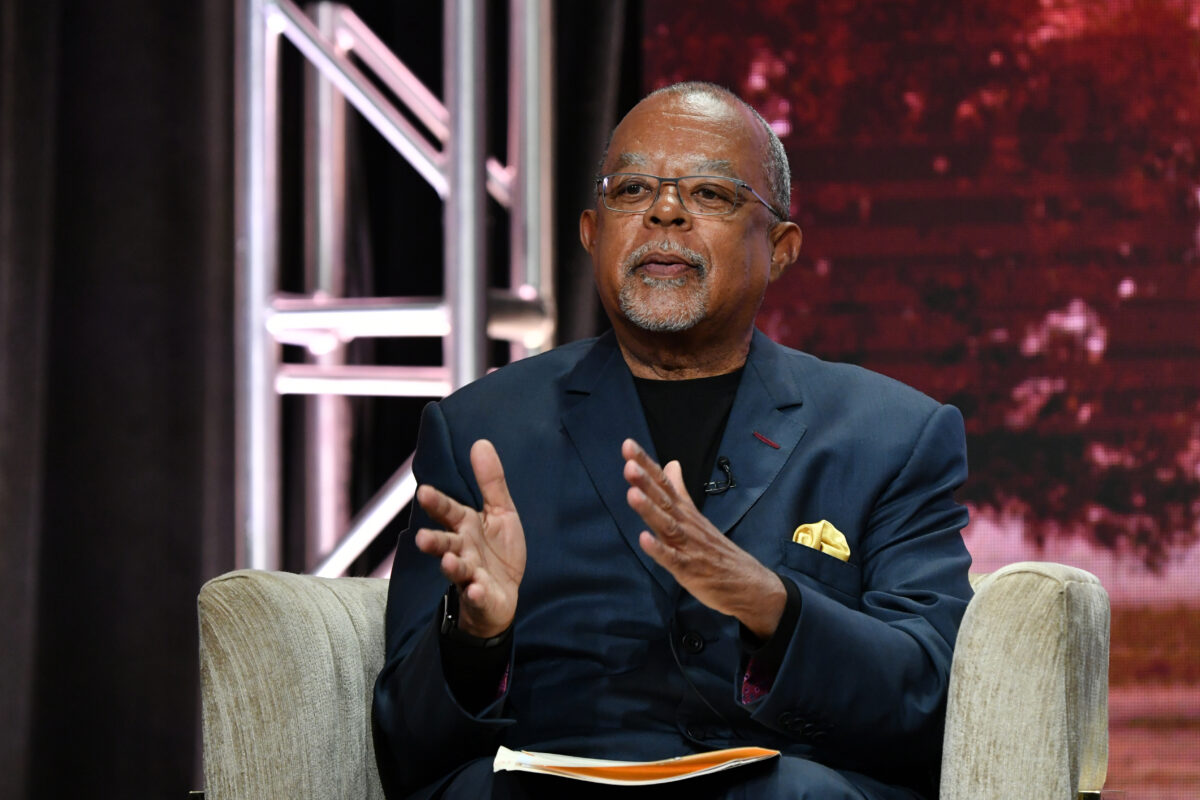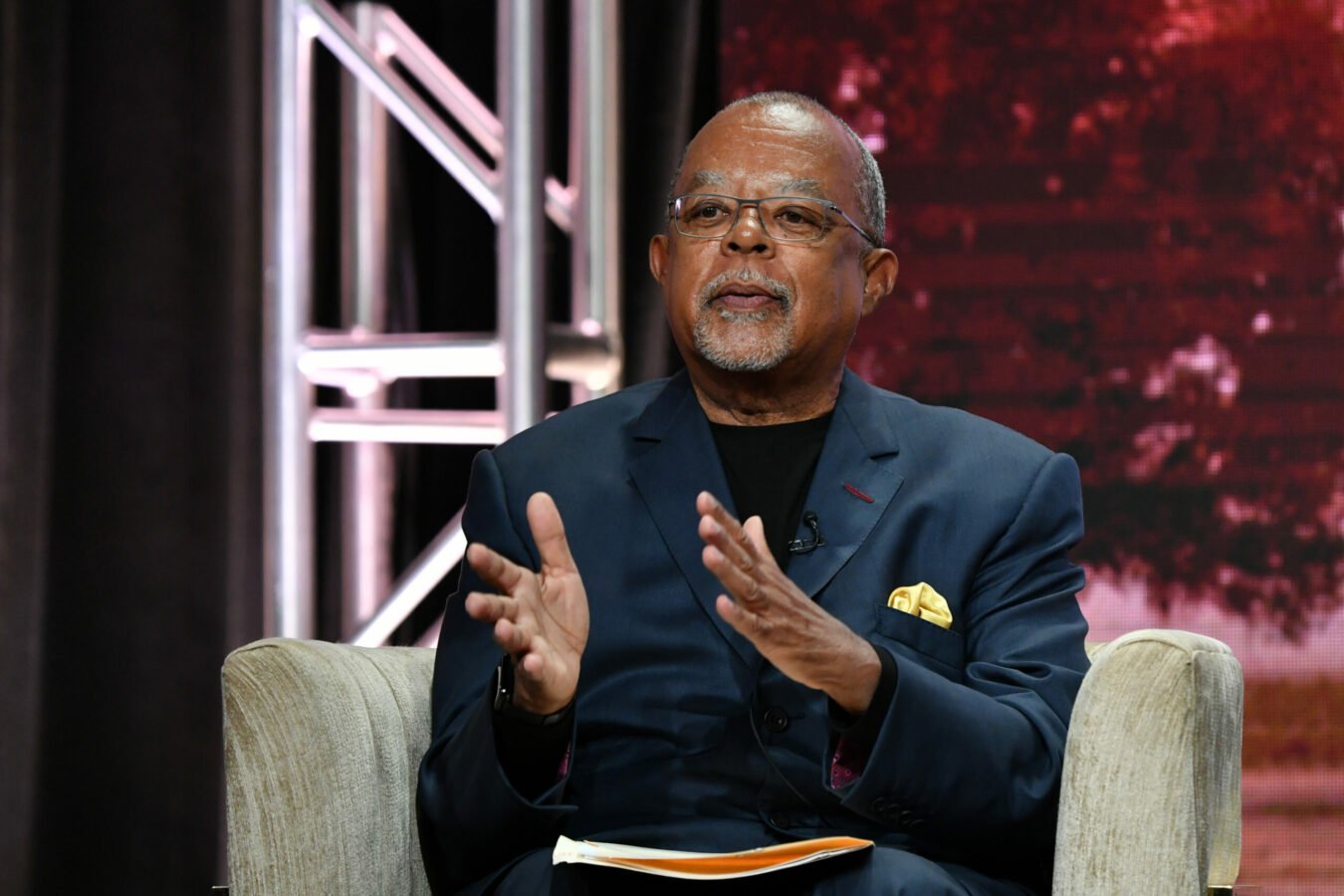
When Oxford English Dictionary (OED) reached out to do a collaboration with esteemed historian, literary critic, and public educator Henry Louis Gates Jr. to better reflect Black people’s contributions in the dictionary, the project morphed into a completely separate and important project. Now, with the help of several grants and Gates Jr. leading as editor-in-chief, the OED is going to publish an African American Vernacular English (AAVE) dictionary.
This will not be a standard dictionary with spellings, enunciation, and definitions. Instead, the dictionary will include historical records and give regional and community credit. While it’s generally understood that American Standard English features words from various cultures, AAVE is special because the language (for the most part) was developed within the United States and completely separate. Gates Jr. told the New York Times,
Just the way Louis Armstrong took the trumpet and turned it inside out from the way people played European classical music, [we used English and] reinvented it, to make it reflect their sensibilities and to make it mirror their cultural selves.
No, it’s not Gen Z or “internet language”
Many words that people think of as “Gen Z language” are usually just AAVE being misappropriated. This taking of Black culture (including queer spaces) and the mainstream adopting the language, fashion, music, and more without credit has been a persistent issue for over a century. It’s not just the theft, but the assumption that it’s “ghetto”—until it’s widely accepted. Gates Jr. told NBC News, “Words that we take for granted today, such as ‘cool’ and ‘crib,’ ‘hokum’ and ‘diss,’ ‘hip’ and ‘hep,’ ‘bad,’ meaning ‘good,’ and ‘dig,’ meaning ‘to understand ’— these are just a tiny fraction of the words that have come into American English from African American speakers … over the last few hundred years.”
Some of these words were filtered into white and non-Black spaces through musicians, like with Cab Calloway’s Hepster Dictionary: Language of Jive (1944), Led Zeppelin, and Elvis Presley. Over 60 years later, Aaron Peckham created Urban Dictionary as a joke, but it gained attention (not always good) from young users in the early days of social media. All this to say, a version of an AAVE dictionary has existed, but this will be a thorough and well-funded endeavor focused on scholarship and community.
In addition to the team of researchers and lexicographers, there will be an online form where people can submit contributions. Contemporary contributions are welcomed, but they’re also looking for words used by older generations that might be tucked away in diaries and correspondence. This dictionary appears to be focusing on words and phrases rather than grammatic structure and general language rules. The first edition of this dictionary is expected to release sometime near the end of 2025 or the next year.
(via Kahlil Greene on TikTok, featured image: Amy Sussman/Getty Images)
—The Mary Sue has a strict comment policy that forbids, but is not limited to, personal insults toward anyone, hate speech, and trolling.—
Have a tip we should know? [email protected]
